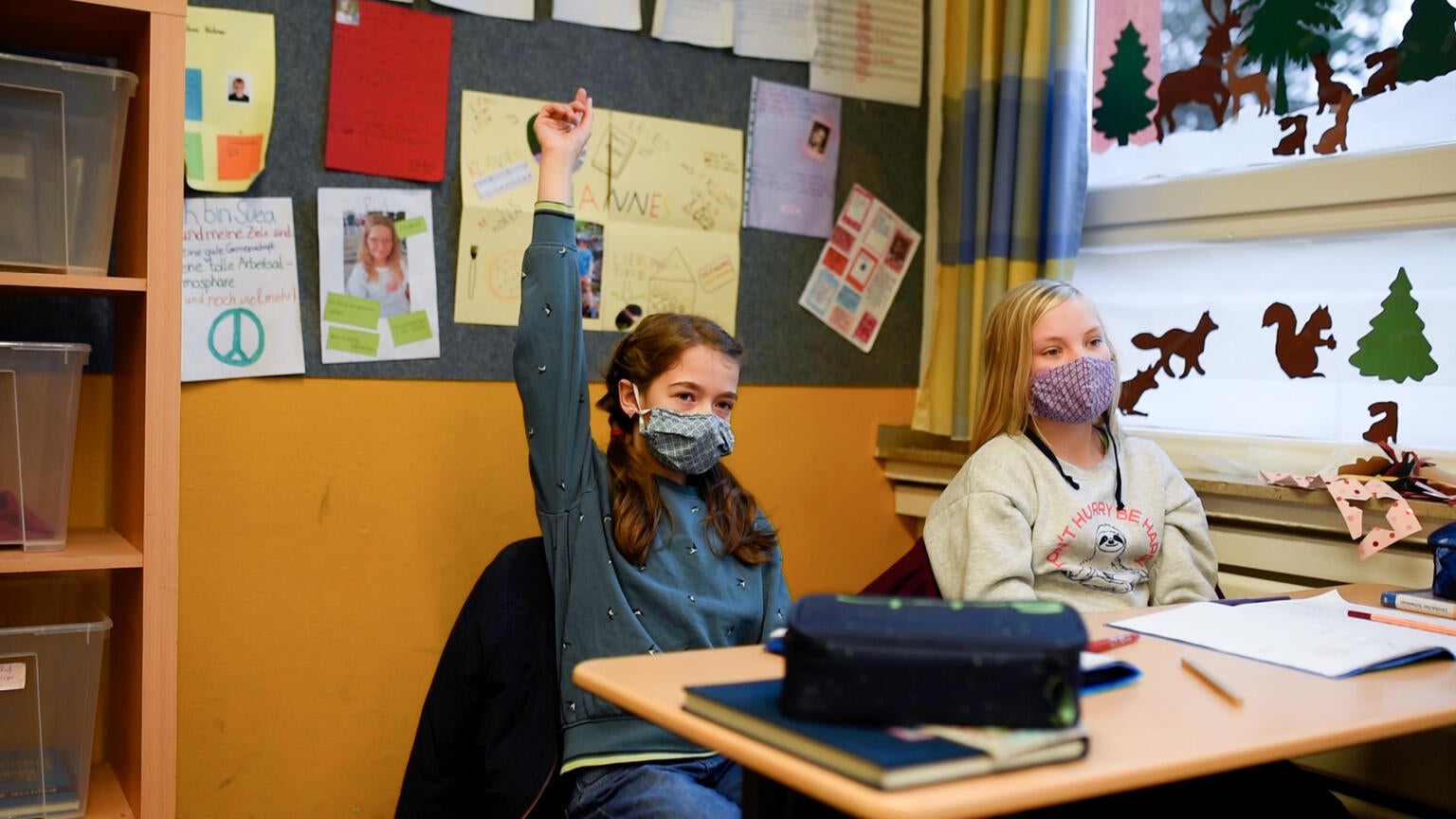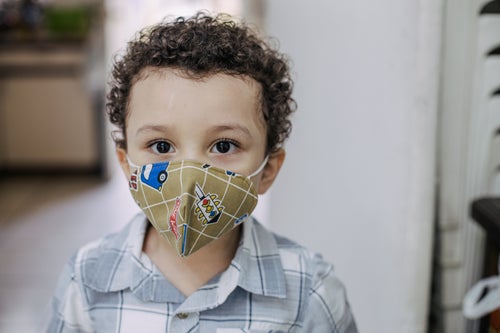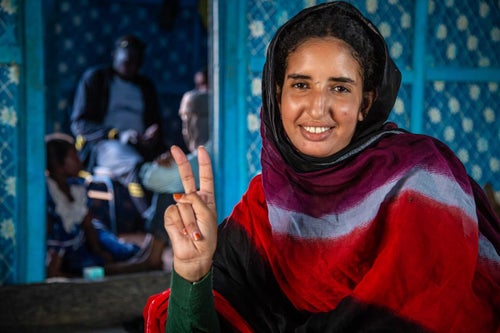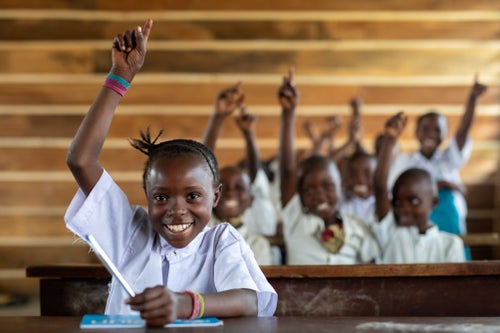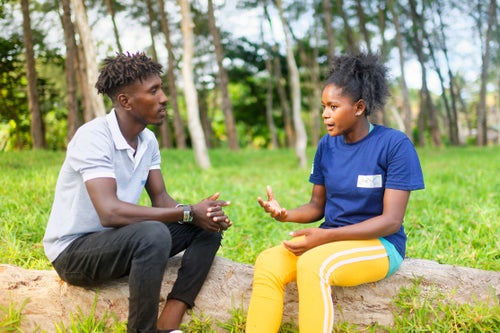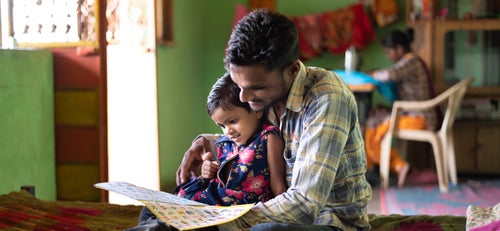As children across Australia begin the new school year, they may be experiencing a range of emotions.
For some the return will be welcome and exciting, but others may be feeling anxious or frightened, especially with the rise in COVID-19 cases. But every school day matters. We know the risks of children being out of school are still greater than the risks of being in school.
Here are some ways you can support your child’s return to school.
Get vaccinated
While COVID-19 is mild in most kids, vaccination is still important. It helps protect other vulnerable groups, such as the elderly, and reduces children’s risk of severe illness. In Australia, children aged five to 11 are now eligible for vaccination. Have questions? Learn more about the rollout here or make a booking today.
Be positive about returning to school
Ask your child how they are feeling about returning to school. Your child may be feeling a mix of emotions, so it is important to listen to any concerns and respond in a calm, supportive and reassuring way.
Remind children about the positives — they will be able to see their friends and teachers and continue learning new things. Ask your child what they like about school and what they are looking forward to when they return.
If they feel nervous or worried, help them understand this is a normal reaction, and that you and their teachers are there to support them.
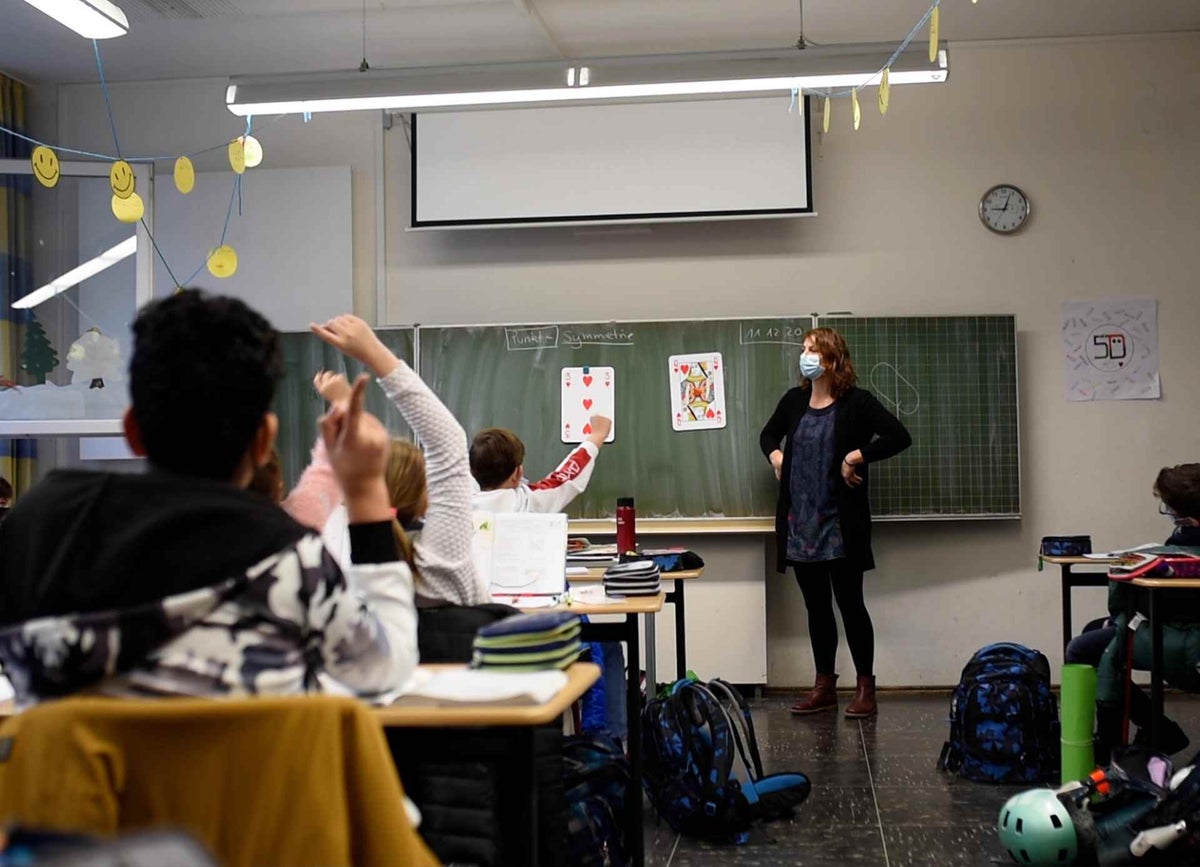
Explain that school might be different now
The more your child understands the changes, the more comfortable they are likely to feel. Talk to them calmly about some of the changes they may expect at school, such as needing to wear masks and keep a distance from their friends and teachers.
Some schools may require a Rapid Antigen Test one to two times week. We know this can be scary for children.
Encourage regular handwashing with soap – it's one of the best ways to keep safe from COVID. It doesn't need to be a scary conversation. Here’s a handwashing song by The Wiggles which you can sing along to.
Show your child how to cover a cough or a sneeze with their elbow and ask them to tell you if they start to feel like they have a fever, cough or are having difficulty breathing.
School will look a bit different, with teachers and students wearing masks. If your child is upset or frustrated with wearing a mask, reassure them that is normal to talk about our worries and emotions. Emphasise these measures are in place to keep other children and teachers healthy.
Re-establish your routines
Routines help provide certainty and increase feelings of security, so it will help to re-establish routines and plan for the return.
In the week before, bring back the usual wake up, bed and breakfast routines. Set aside time to find school equipment and check uniforms and shoes still fit – your child may have grown. Give yourself enough time to organise replacements or a uniform alternative if needed.
The day before returning, encourage your child to check their school timetable if needed, pack their school bag, and get their lunch box, drink bottle and uniform ready.
Allow more time than usual on the first morning back to calmly get ready. Take your child to school if that will help build a greater sense of security. Some of the parents at UNICEF Australia said that walking to school with friends or meeting up with fellow mums and friends for a hot chocolate before school helped to settle nerves!
At the end of the school day
Talk to your child about their day and what they are looking forward to. Try asking them what their favourite thing was at school that day and what they enjoyed most. If your child prefers, get them to write down or draw their feelings.
Provide opportunities for your child to play and relax at the end of the day. Returning to school may contribute to tired and emotional reactions at the end of the day. Help re-establish after-school routines to review the day’s learning and complete homework tasks.
Consider having extra family time together as your child may have missed being at home with you.
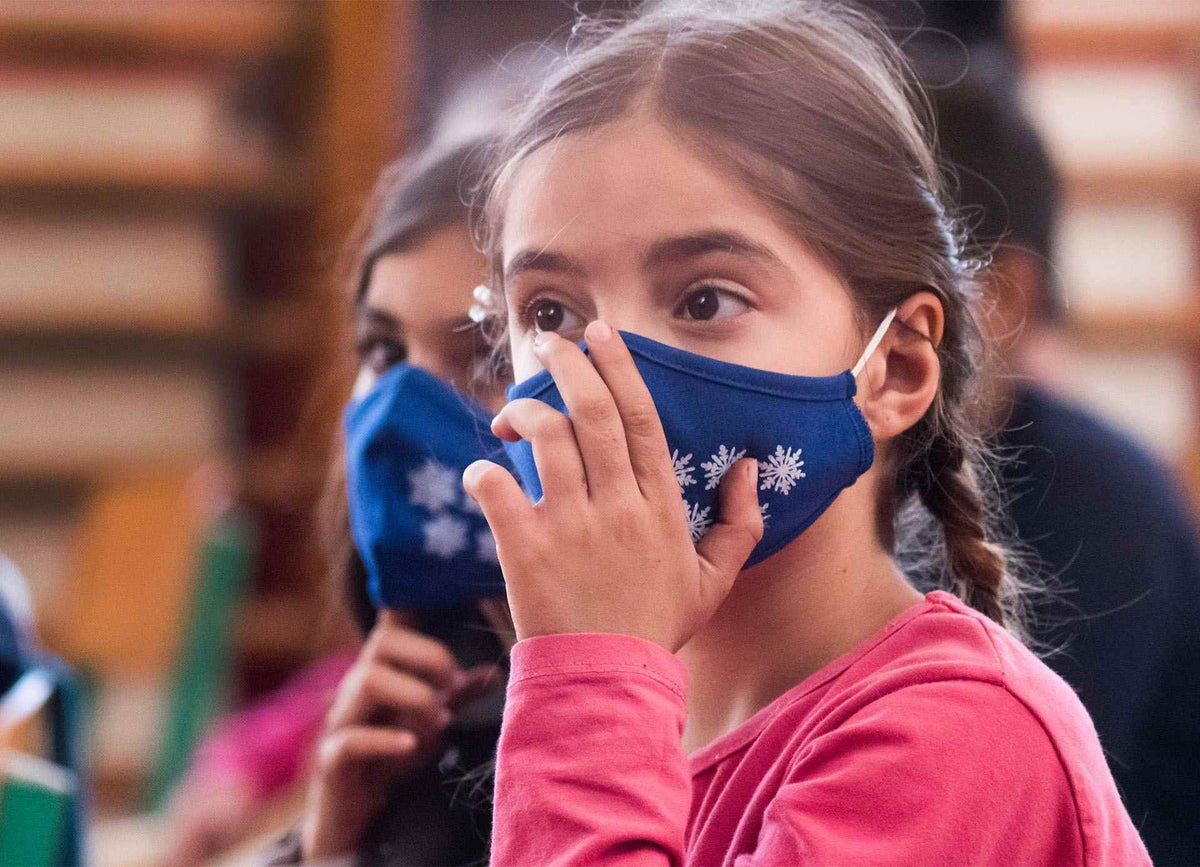
Look out for signs of stress or anxiety
As your child returns to school, keep an eye on their physical health, learning, emotions and behavior. Look out for these signs of stress and anxiety to gauge if your child needs extra support from you:
- Sadness
- Worry
- Anger
- Agitation
- Fatigue
- Confusion
- Lack of interest in playing with other children or completing their homework
- Not sleeping or eating well
- Loss of interest in their hobbies or friends
Before children go back, remind them it’s normal to feel overwhelmed at times. Encourage them to talk about how they’re feeling and let them know you are always there to listen. If you are concerned about your child, seek support by contacting the school.
If you or a loved one is struggling, reach out to Kids HelpLine at any time on 1800 55 1800 or Lifeline on 13 11 14.
More information
Find the latest advice and protocols on returning to school in:
Related articles
Stay up-to-date on UNICEF's work in Australia and around the world



